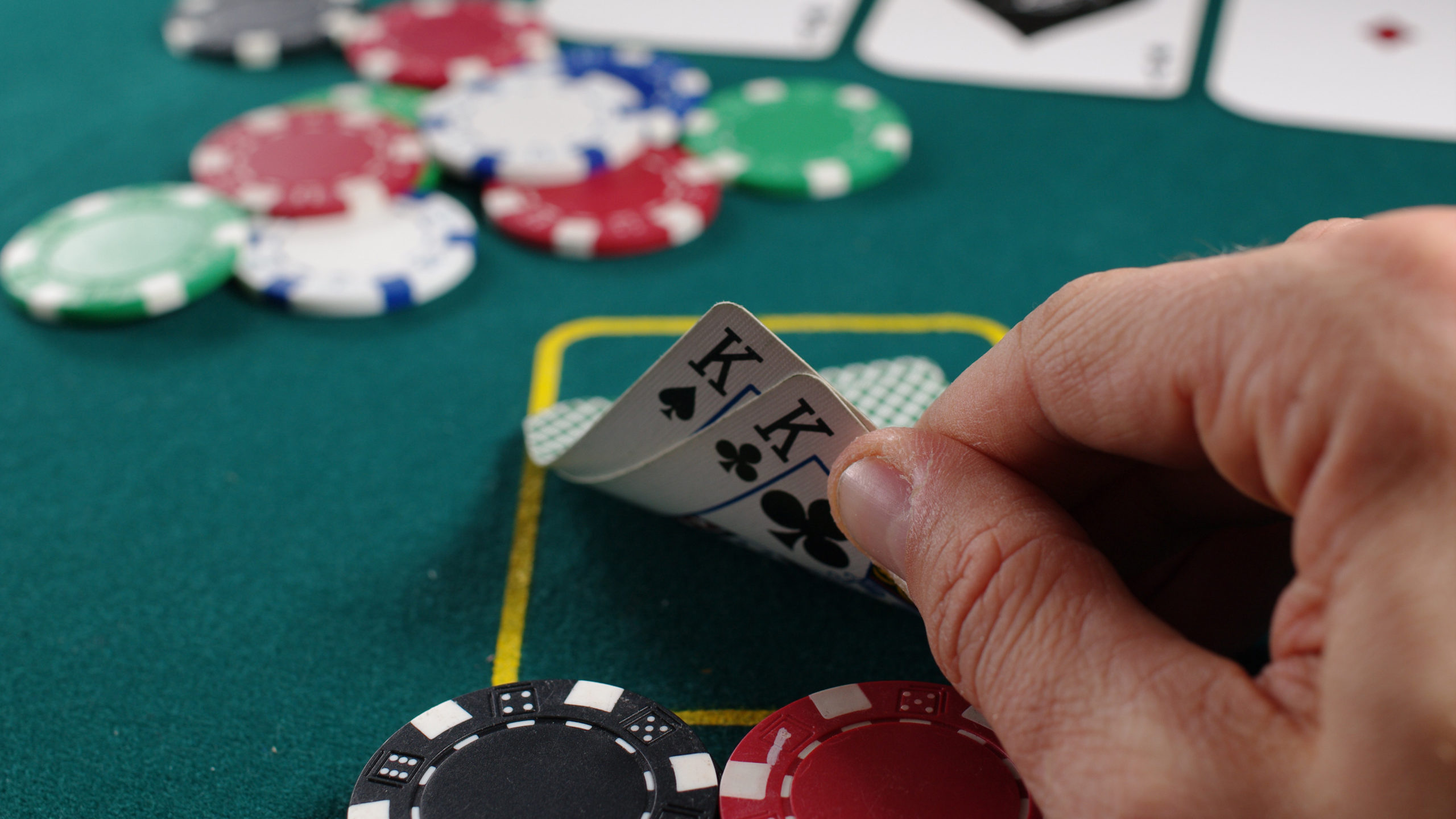With multiple proposals related to moral issues still in play in the state Legislature, Alabama already ranks as the 12th “most sinful” state in the union, according to a recent report by WalletHub.com.
While use of the term “sin” might be click bait — vices is perhaps the better term — the report notes major disparities in morality across America’s 50 states and calls out Alabamians on several data points.
WalletHub’s February report organized data from more than 20 sources and evaluated the data using seven categories of immorality: anger and hatred; jealousy; excesses and vices; greed; lust; and vanity and laziness.
Third for laziness
Alabama ranked third for laziness (highest percentage of adults not exercising) and 10th for anger and hatred (most violent crimes per capita) and excesses and vices (most excessive drinking).
Alabamians are not alone in their penchant for overeating and forgoing exercise. Forty percent of Americans are obese, according to Margaret Burton, professor of religion and ethics at the University of Chicago.
The COVID-19 pandemic has led to increases in many vices, WalletHub found, including excessive drinking — with which many Alabamians already struggled.
Alabama ranked slightly better in activities categorized under jealousy and lust — 11th and 16th respectively. However, in highest average time spent on adult entertainment sites, Alabama ranked 4th in the nation.
On a more positive note, Alabamians were among the top third most virtuous Americans regarding greed and vanity, ranking 34th for each.
While Alabama’s negative ranking in multiple categories may be concerning, many vices are connected to systemic issues and cannot be taken purely at face value, according to Scott Paeth, associate professor of religious studies at DePaul University in Chicago.
“Vices are habits,” he said. “The things we think of as ‘vices’ are themselves often connected to larger structural problems — inequality, racism, sexism, etc. — which themselves need criticism.”
One of the best ways to curb an undesirable habit is by swapping it for new, more desirable behavior, Paeth explained.
“These things are always easier in the community. So establishing or joining a community dedicated to helping one another in overcoming those vices would be very useful,” Paeth noted.
And while vices are “not just about the law or culture,” Paeth said, “there are elements of both law and culture that are implicated in all of these things. And while laws do not necessarily make us better or worse people, they can encourage better or worse behavior.”
In 2019, WalletHub published a report on America’s “Most Gambling-Addicted States,” in which Alabama ranked 46th — likely due to the state’s lack of a lottery, legal sports betting or casinos (apart from those operated under federal law by the Poarch Band of Creek Indians).
While regulations concerning the legality of casinos have long been in flux, three years ago the U.S. Supreme Court ruled in favor of allowing states to legalize and regulate sports betting.
On March 9, Alabama senators rejected Senate Bill 214, a proposal to broadly expand gambling in the state, including legalizing a lottery, casinos and sports betting. (See story.)
These issues may not arise again in this legislative session, but most watchers believe they will surface again in the future. That begs the question: If Alabama voters were ever to OK expanded gambling in the state, would the move create a new category of vice in a state that until now has been low in comparison to nearly all the others?
Negative effects
Paeth said it is generally “a bad idea to legalize sports betting.”
He argues that the revenue gambling brings into a local economy fails to make up for the “attendant ‘vices’ — gambling addiction, crime, drug abuse” it encourages.
One of the most disturbing aspects of the gambling industry, Paeth said, is that the negative effects of these vices “tend to fall on the more vulnerable members of society.”
Paeth calls gambling a “lazy man’s revenue generator” because instead of developing productive new businesses, “it relies on the predictability of certain kinds of behavior, and then incentivizes those behaviors, even if they are harmful,” he said.
Society’s most vulnerable
Curtis Lehmann, assistant professor of psychology at Azusa Pacific University in California, echoed Paeth’s criticism of gambling regarding its net effects on society’s most vulnerable. Instead of providing disadvantaged populations with pathways to financial stability, he fears the gambling industry could serve to further the country’s wealth gap.
“I worry about this idea from an equity perspective,” Lehmann said. “I can imagine a situation where cash-strapped individuals fantasizing about a big payday might bet with their gut against corporations that engage in ‘sabermetrics’ and other predictive analytics. It seems ripe for an upward transfer of wealth.”
Writing for WalletHub, financial writer Adam McCann notes that “the cost of state sins is something we have to share as a nation.”
While not as expensive as smoking, which costs the U.S. over $300 billion per year, the financial impact of gambling is not cheap. Gambling costs the U.S. about $5 billion per year, McCann writes, with an added word of caution: “Harmful behavior on the individual level can add up to staggering economic costs on a national scale.”






Share with others: